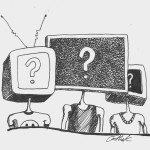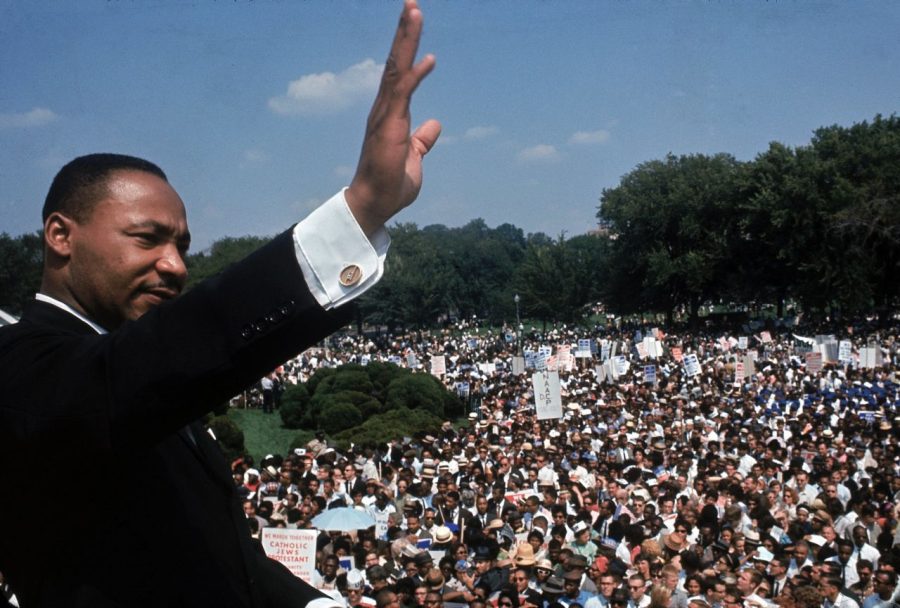
As critically acclaimed shows such as The Office and 30 Rock come to a close due to dwindling audience numbers and low Neilson ratings, Here Comes Honey Boo Boo and other reality TV shows seem to be doing just the opposite.
“I think TV started out as an extension of intellect and information,” junior Catherine Khamnoune said. “It has now evolved into entertainment. Most of our generation is more interested in the entertainment factor of TV, and the easier it is to follow a show, the more appeal it will have to the masses.”
The opinions regarding the rise in popularity of reality TV differ starkly. Many people, especially those of younger generations, do not see the harm in divulging in a guilty pleasure once or twice a week.
“I do not think it is necessarily a bad thing that TV has become mindless, as long as it is not the primary focus of our lives,” Khamnoune said. “I do not think there is a problem with having mindless things in your life. Having mindless entertainment does not mean you are a mindless person.”
On the other hand, just as many people are against reality TV, believing it to not only be mindless but also guilty of taking the “easy way out.”
“Reality shows do not take imagination to write, so it is easier to put “freak show” people on TV and let that become popular, as opposed to having the audience actually think through a creatively written show, like 30 Rock or The Office,” American Studies teacher Aaron Sands said. “With those, you have to think about things. The writers are asking the audience to be aware of issues they are referencing on those shows. With reality TV, you do not have to know anything to watch it.”
The movement towards “brainless” TV seems harmless enough at first, but the more popular it becomes, the more it may impact the future we have envisioned for ourselves, both negatively and positively.
“Since there are so many topics covered on TV, it gives people something to talk about and we learn about different places and different experiences, which makes us more cultured,” senior Ivan Surynovich said.
However, just as thoughts on the trend itself differ, predictions of reality TV impacting the future are on different ends of the spectrum as well. Many people point out that if TV continues in this direction, imagination may be lost. At the College of William and Mary, Kyung Hee Kim, a creativity researcher, conducted a study and found that in recent years, creativity has decreased among American children. This “brainless” genre of TV may contribute to that study.
“From a social view, I do not think this trend is good at all,” Sands said. “There is an element of TV that should just be for entertainment, and that is being lost in terms of the actual cultural impact it can have on society. If TV shows that popular have such high audience numbers, then they should have some element that will at least require viewers to have some sort of thoughts while they are watching.”
As entertaining as reality TV shows are and however different the opinions regarding them become, one obvious standpoint is the fact that reality TV is here to stay and will affect things to come.
“I think that mindless entertainment is going to change and sculpt our future, but it does not mean that it is going to make the world collapse,” Khamnoune said. “There were things in the past that people questioned, asking “why are you doing that? That’s stupid.” But we learned from those ideas. We took what we learned and now those ideas are a part of our culture, just like mindless entertainment is.”









